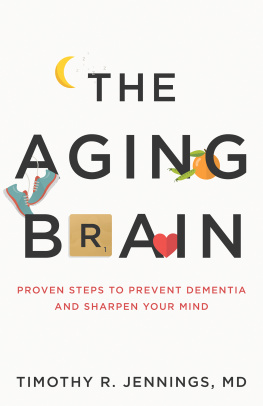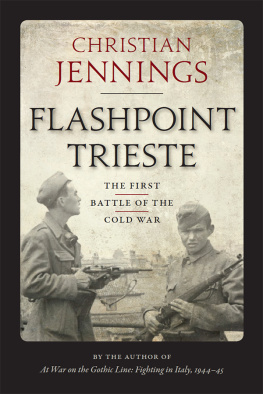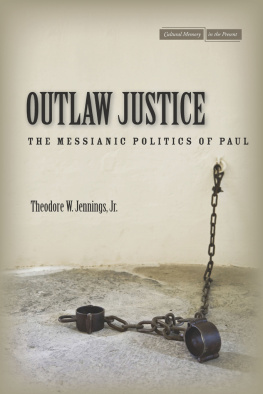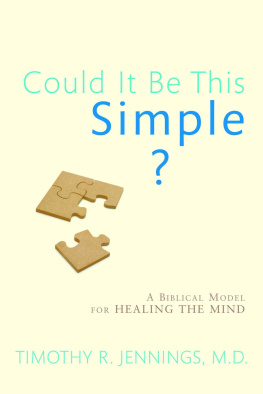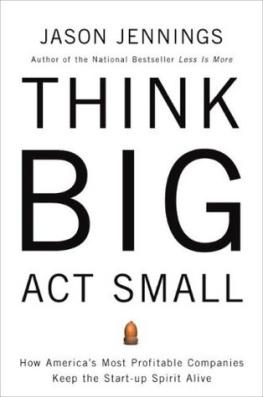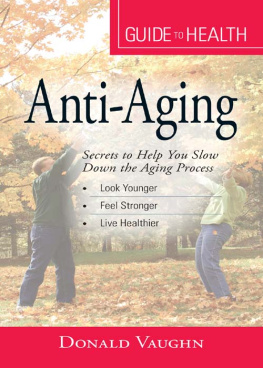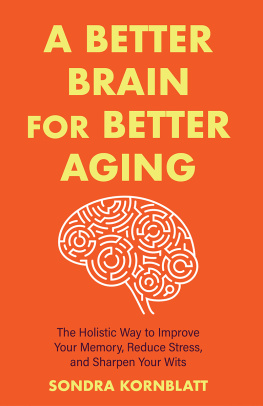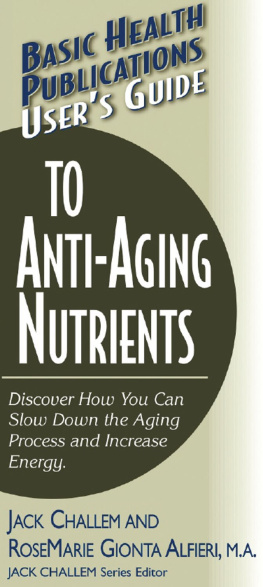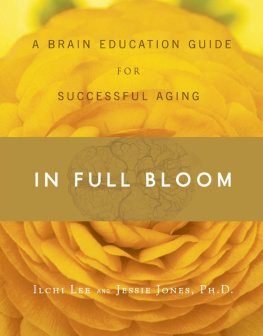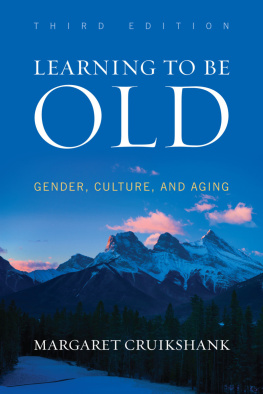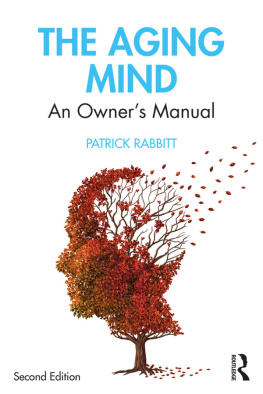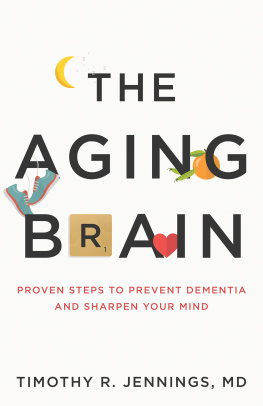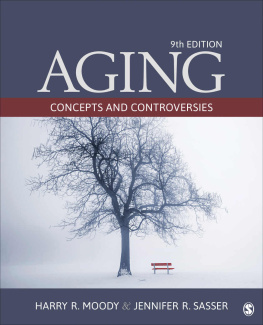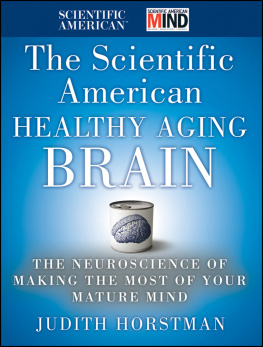2018 by Timothy R. Jennings, MD
All rights reserved. No part of this publication may be reproduced, stored in a retrieval system, or transmitted in any form or by any meansfor example, electronic, photocopy, recordingwithout the prior written permission of the publisher. The only exception is brief quotations in printed reviews.
Library of Congress Cataloging-in-Publication Data is on file at the Library of Congress, Washington, DC.
Unless otherwise indicated, Scripture quotations are from the Holy Bible, New International Version. NIV. Copyright 1973, 1978, 1984, 2011 by Biblica, Inc. Used by permission of Zondervan. All rights reserved worldwide. www.zondervan.com
Scripture quotations labeled NET are from the NET Bible, copyright 19962006 by Biblical Studies Press, L.L.C. http://netbible.com. Used by permission. All rights reserved.
Scripture quotations labeled NKJV are from the New King James Version. Copyright 1982 by Thomas Nelson, Inc. Used by permission. All rights reserved.
Some names and details have been changed to protect the privacy of the individuals involved.
Endorsements
Tims book is filled with great advice and excellent science on aging! Its well worth following and applying these principles so as to age the way we are supposed to.
Dr. Caroline Leaf , cognitive neuroscientist, communication pathologist, and author
Guided by his strong faith and extensive scientific knowledge, Dr. Jennings has provided a well-researched and commonsense book aimed at helping one understand the complexities of dementia, while offering recommendations for maintaining healthy brain function into our later years.
Rodney A. Poling , MD, DFAPA, medical director, Behavioral Healthcare Center, Columbia, Tennessee; board-certified geriatric psychiatrist
Your brain may age, but it does not have to get old. Dr. Jennings clearly describes how to practically manage the medical and lifestyle variables that can positively impact brain health and the process of aging. Age is a number, but getting old is a lifestyle.
Michael Lyles , psychiatrist, author, and speaker
Memory concerns and age-related cognitive losses are some of the most significant issues we face as we age. Those who desire improved brain and general health should read Dr. Timothy Jenningss book The Aging Brain . In addition to providing a comprehensive review of normal brain aging, Dr. Jennings translates data from recent scientific studies into practical strategies for improving memory and other cognitive skills. By following the suggested lifestyle changes one may prevent the occurrence of Alzheimers disease.
Allan A. Anderson , MD, medical director, Bratton Memory Clinic, Easton, Maryland; assistant professor, Johns Hopkins School of Medicine; former president, The American Association for Geriatric Psychiatry
I read everything Dr. Jennings writes; he is on the leading edge of what we need to know for long-term brain vibrancy and health. Read these pages; you will be personally helped. I was.
Dr. Gregg Jantz
Brain-health research is exploding, and its important to each and every one of us. From childhood development to late-life challenges such as dementia, brain function is at the center of everything. Few life issues are as painful as watching someone you love deteriorate mentally. Dr. Jennings helps us understand the aging brain, offering timely wisdom, practical insight, guidance, and wise counsel. This book is a wonderful addition to your personal and professional library and ministry resources.
Dr. Tim Clinton , president, American Association of Christian Counselors
If you are like me, with a family history of dementia or Alzheimers, then you are intrigued by this book because it addresses an area of fear in your life. Experiencing the ravages of these diseases up close and personal, we likely share a fear that our brain will somehow let us down before our body does. Having also been to some of Dr. Jenningss workshops and having my own fascination with the brain, I was more than eager to read his manuscript. And now that I have soaked up every single word, I can attest to this being one of the most valuable books Ive ever read. It will most certainly be a recommended read to my clients, who will benefit from the scientific explanations and practical applications provided. I trust you will also find hope in these pages.
Donna Gibbs , author of Becoming Resilient and the upcoming publication, Silencing Insecurities ; director, A Clear Word Counseling Center
Someone once said, The hero you should be chasing is who you will be ten years from now. We all wonder what we will be like in ten or twenty years. As we age we wonder if we will live long, healthy lives. Tim Jennings addresses our concerns and fears about the aging process and details precise guidelines to ensure a better and healthier future you. As one who has faced the challenge of Alzheimers disease with an aging parent, I found this book to be a hopeful and encouraging lesson in breaking that genetic chain. This book will inspire you to become your future hero.
Aaron Fruh , author of Bounce: Learning to Thrive through Loss, Tragedy, and Heartache
Contents
Cover
Title Page
Copyright Page
Endorsements
Authors Note
Acknowledgments
Introduction: Its Personal
Part 1: History and Aging
1. The Problem of Aging: We All Do It
2. Developing a Healthy Brain: It Needs a Healthy Body
3. Epigenetics and Aging: The Impact from Our Ancestors
4. Our Genes and Aging: Decay over Time
Part 2: Oxidative Stress and Aging
5. Obesity and Aging: The Link Is Unmistakable
6. Sugar, Oxidation, and Aging: We Are What We Eat
7. Tobacco, Illegal Substances, Alcohol, and Aging: If You Abuse It, You Lose It
8. Exercise and Your Brain: If You Dont Use It, You Lose It
9. Sleep and Your Brain: A Requirement for Life
10. A Vacation in Time: Rest for the Mind = Health for the Brain
11. Our Beliefs and Aging: The Healthiest Worldview
12. Mental Stress and Aging: Calm the MindSlow the Decline
13. Love and Death: Resolving Ones Mortality
Part 4: Pathological Aging
14. Pathological Aging: Alzheimers Disease (AD)
15. Vitamins and Supplements That Prevent Dementia
16. Risk Factors for Dementia and How to Reduce the Risk
17. Caring for a Loved One with Dementia
Addendum: Dr. Jenningss Smoking-Cessation Strategy
Notes
About the Author
Back Ads
Back Cover
Authors Note
T his book proposes specific lifestyle interventions to improve health, slow aging, and reduce the risk of late-onset Alzheimers disease (AD). This book is not intended to provide steps to address other types of dementia, such as frontotemporal dementia, Lewy body dementia, spongiform disorders, and so on. You should consult a qualified medical professional before initiating these interventions or any other fitness regimen. The interventions in this book are intended to be implemented in consultation with your doctor, and this is especially so if you suffer from any medical condition.
Acknowledgments
I want to thank my wife, Christie, who always supports me during the many hours I spend in research and writing. ChristieI couldnt do it without you!
I also want to express my thanks to my editor, Jamie Chavez, who had the difficult task of slogging through the rough draft and helping me break down a lot of scientific facts into bite-size, understandable, and actionable bits. Jamiethanks for your help. I needed it.

